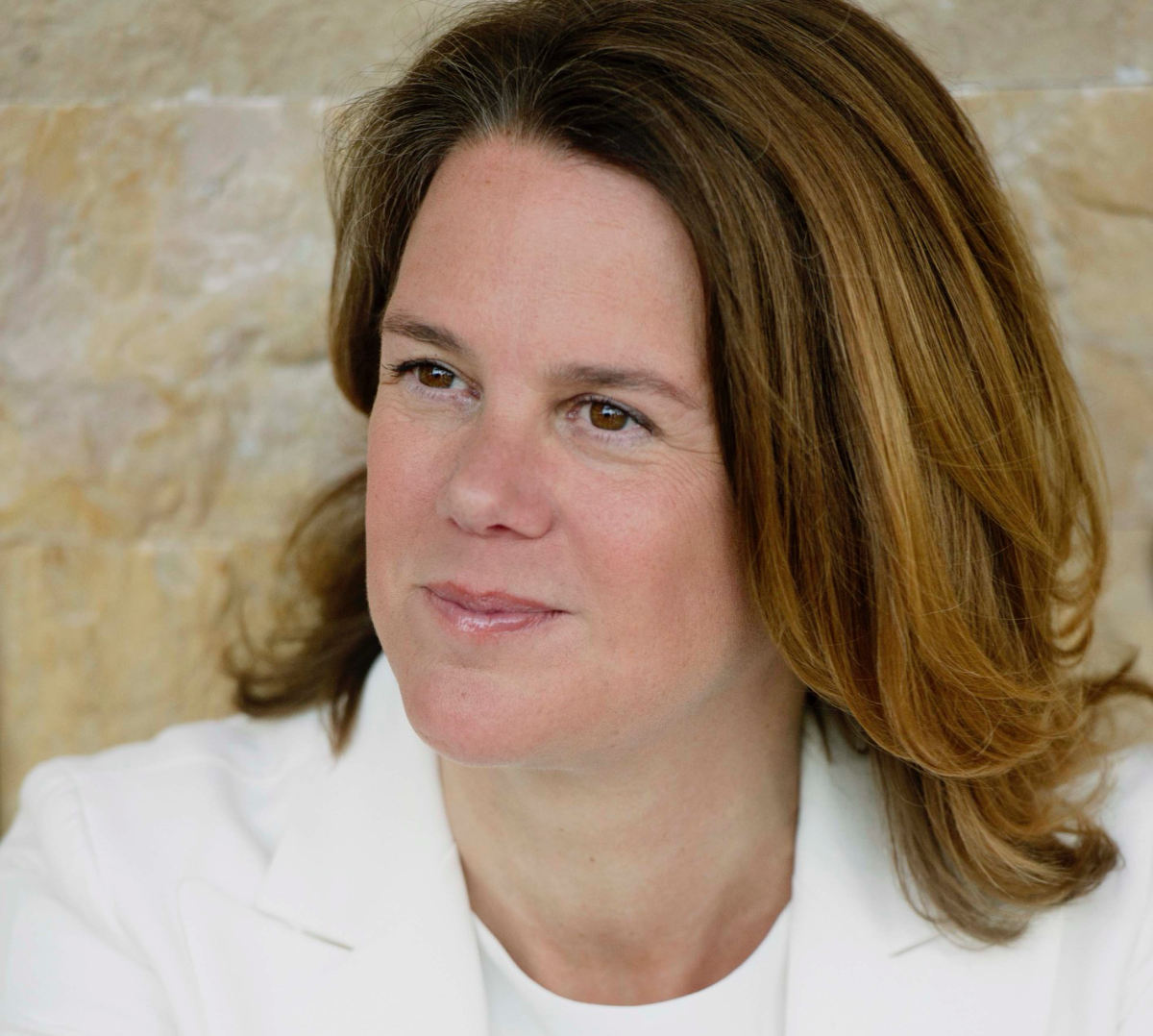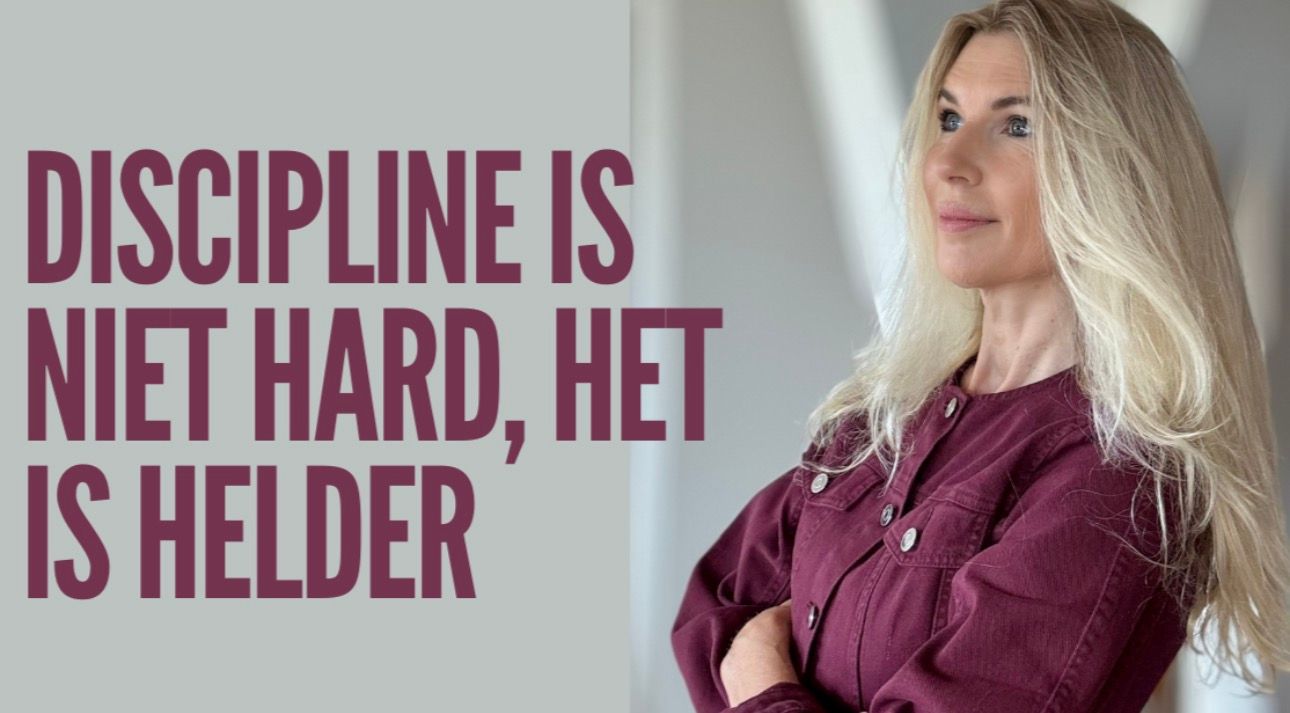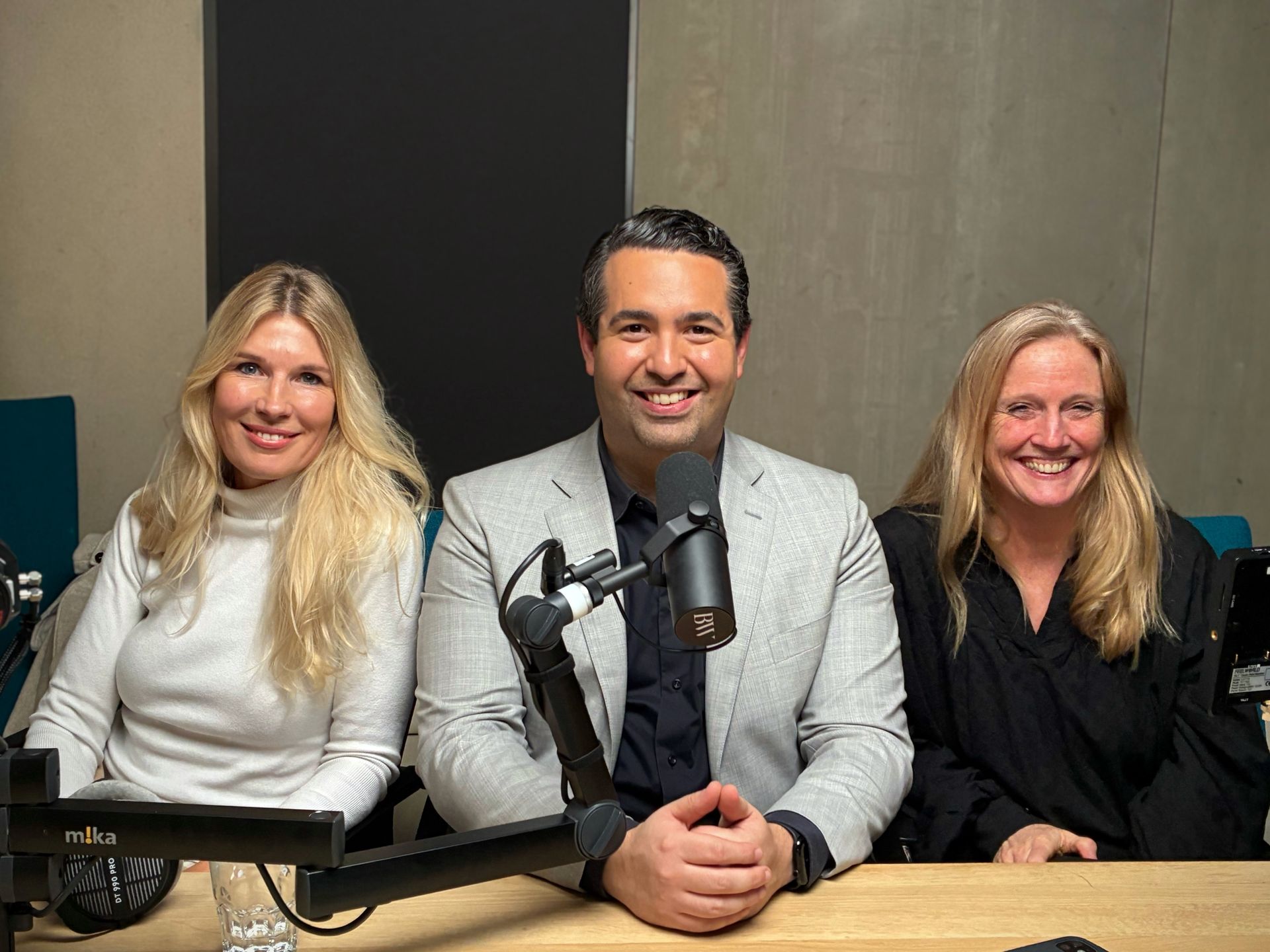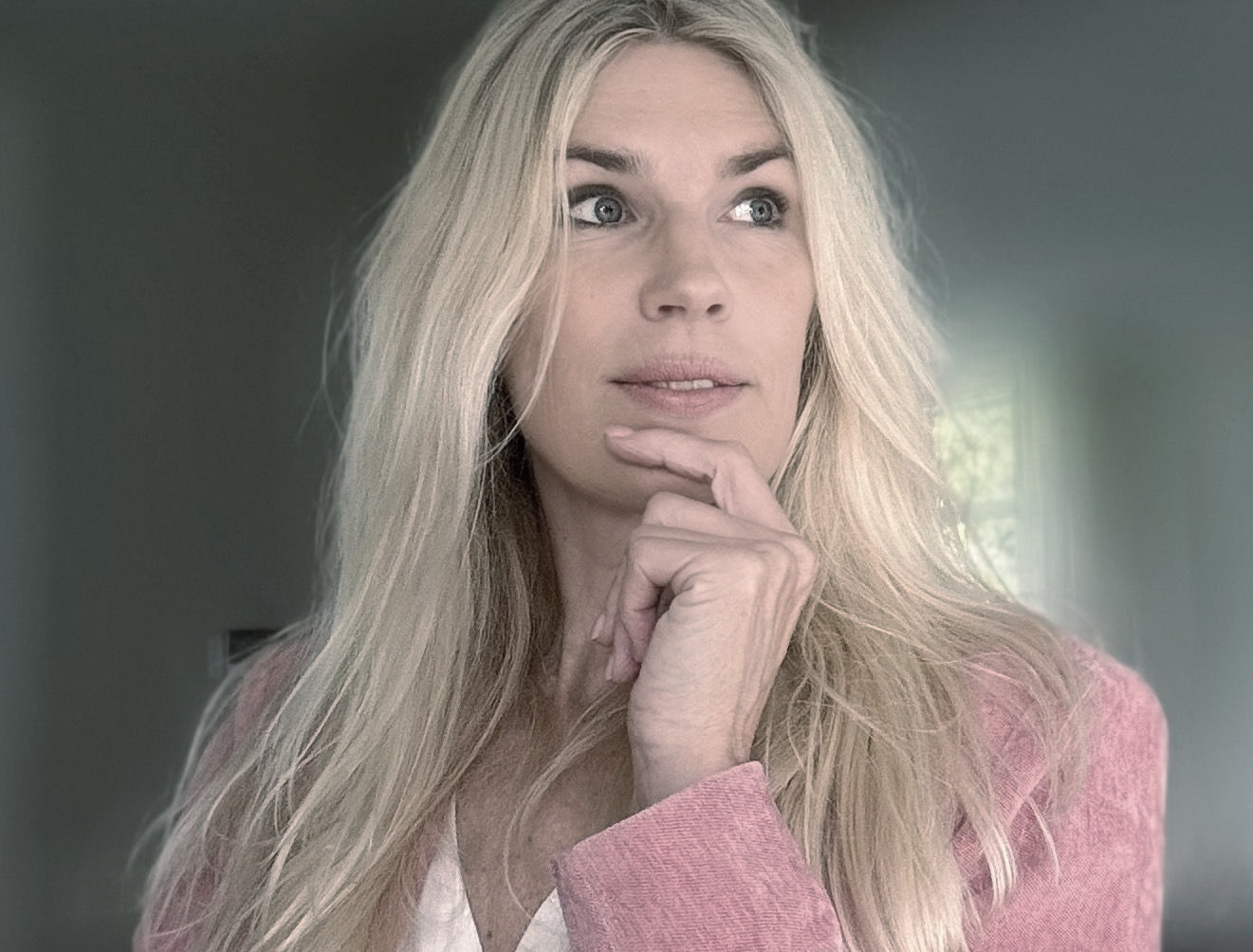Leaderships Breakes or Makes Companies - Ineke Kooistra EliN Partners
EliN Partners wants to find and guide new leaders. Founder Ineke Kooistra increasingly believes in the 'seasonal CEO'
Looking for a new CEO? The new executive search firm EliN Partners can help you find one, but with a slightly different approach: 'Once someone is placed, we want to remain involved, especially in the initial period. That's why we also guide the onboarding process,' says Ineke Kooistra. 'And we provide coaching where needed. Because as a CEO, you also need sparring partners, and at the top, those aren't always easy to find. We ourselves have sat in the boardroom and know what leaders truly need to transform an organization, and leaders feel that.
The firm, founded by former colleagues Ineke Kooistra and Elbrich Batstra, wants to look further, says Kooistra: 'So not: "Has someone done this trick before?" Because that's already on the CV. We look at things like: how has someone acted in difficult situations?
The EliN Partners Platform
Kooistra was previously CEO at employment agency YoungCapital (2013-2023) and tech company Circle8 (2023-2024). Elbrich Batstra was Chief HR Officer (CHRO) at YoungCapital. The name EliN is a combination of their first names, but it is also a popular Scandinavian name meaning 'light' or 'beacon of light'. And that's no coincidence, because they champion a new kind of leadership: leadership that revolves more around empathy and connection. 'Although I do think "empathy" sounds very feminine.
EliN Partners aims to become a platform, she explains. 'We are the founders and want to work with partners, people from the C-suite. So we are not looking for recruiters; we are really looking for leaders who want to join us for the executive search activities. We facilitate this with an incredibly beautiful database, website, marketing, and so on. And we are not only doing this in the Netherlands; we have also started abroad. We have already connected with Switzerland.
New Leadership
Leadership deserves more attention, says Kooistra: 'Leadership makes or breaks a company.' She has seen leadership at Dutch companies change: 'What you see a lot now with scale-ups and start-ups is that it starts with enthusiastic leaders who are very good at attracting people and raising capital. But these leaders are not really concerned with the question: how do we want our company to grow? What culture belongs to it? What leadership style fits in?' They just start. Sometimes that turns out very well, sometimes it could be better. And don't forget: every company, even a tech company, employs people. And you have to take good care of them.
The Seasonal CEO
She herself increasingly believes in a 'seasonal CEO': an inspiring CEO for the spring, who drives growth. A no-nonsense CEO for the summer, who makes the necessary cuts. A creative CEO for the autumn, who innovates again. And a connecting CEO for the winter, who looks after the shop and allows the team to flourish.
Kooistra: 'During my time at YoungCapital, we grew from 60 million to 600 million in turnover. I experienced all the different seasons of leadership there. And believe me: growth requires a completely different mindset than crisis management. The ability to change your leadership style is essential, and not everyone can do that.'
In a blog about the 'seasonal CEO', she even wrote that the 'CEO of tomorrow' is 'not a Swiss army knife with an infinite shelf life': 'In fact, I say: three years, sometimes even shorter, depending on the season your company is in. Longer? Then you are more of a drag than wind in the sails.
Kooistra: 'I wrote that because it's about a mindset. Look, if it turns out to be five or six years because you are both happy with each other, that's fine. But it's about the realization that you must always continue to reflect and critically examine yourself: am I still the right person in this role, am I still the right person to lead the company and get people moving?' If you don't do it yourself, someone else will do it for you. This time demands leaders who understand themselves and are willing to evaluate themselves critically. That sometimes requires courageous decisions. And it is precisely this kind of decision that makes you very interesting to many parties.'
Also watch: https://www.businesswise.nl/leiderschap/businesswise-roundtable-vier-disruptors-neem-jezelf-niet-altijd-serieus~5428a23 (with Ineke Kooistra): Four disruptors - 'Don't always take yourself seriously
YoungCapital
She herself stayed on as CEO of YoungCapital for ten years: 'But we regularly asked each other whether I was still the right leader at YoungCapital. I remember a very nice moment when I was on a business trip in Paris with Hugo (de Koning, co-founder of YoungCapital, ed.). "What do we need to do to keep you?" he asked me. I said: "Then we have to go international, because I really want that." To which he replied: "Well, then we'll do that together." Then we knew exactly what steps we were going to take.
Her departure also followed such a conversation with De Koning: 'I wondered aloud whether I was still the right leader for the company. And I honestly confessed that I might want something else. Once you talk about it, you know there's no turning back.
All her experiences led to ELiN. Kooistra: 'If you have been at the top for twenty years yourself, you don't just want to leave your details anywhere. Or explain to a junior recruiter what a leader does. Leaders want to spar with leaders. And that's a role I'm happy to take on.









